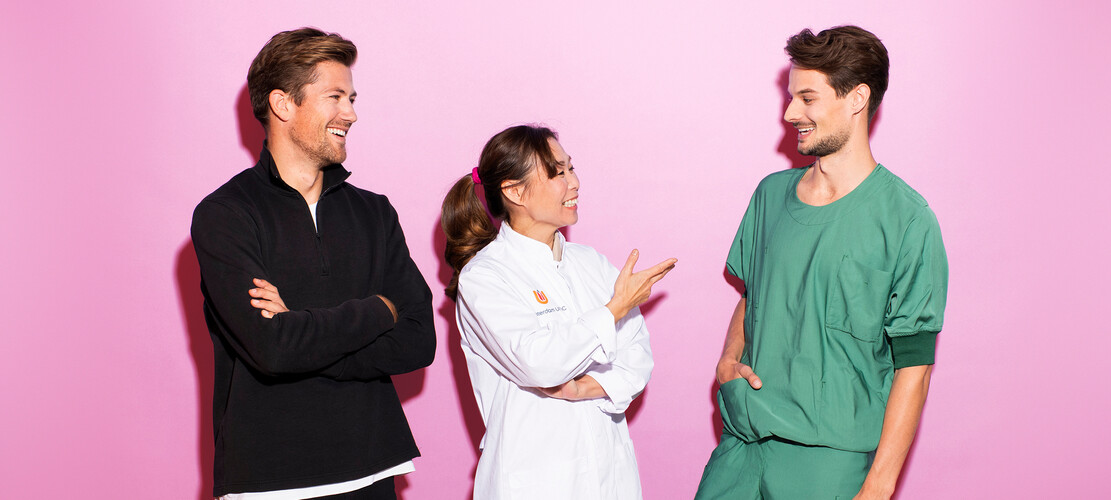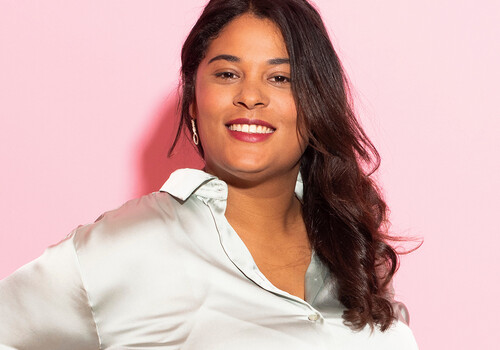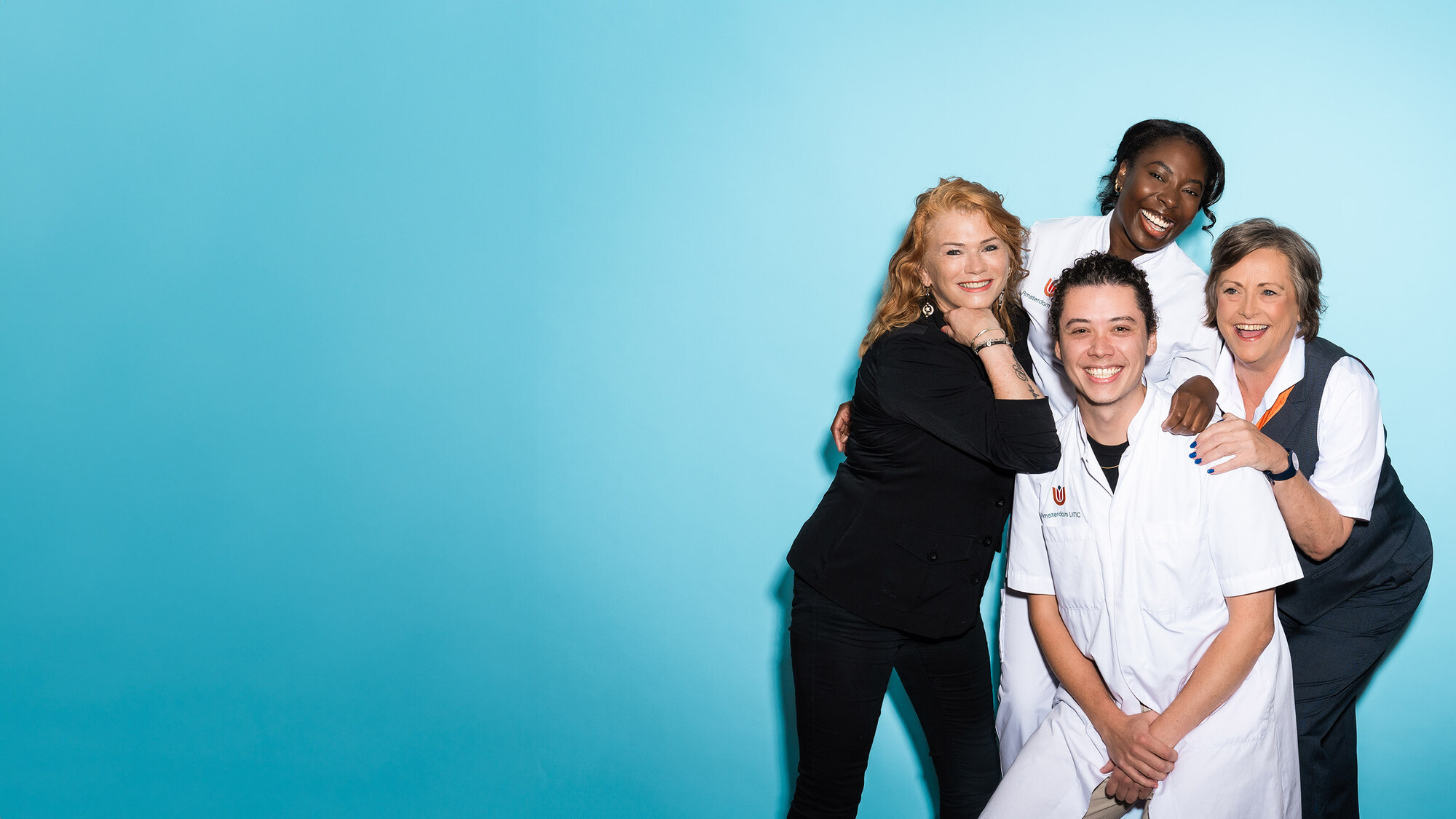
PhD Cellular Neuroscience - Astrocyte Physiology
The Amsterdam Leukodystrophy Center is looking for a highly motivated PhD candidate to join the SUPERGLUE consortium: a fundamental research effort into the physiology of astrocytes. This project focuses on the regulation of brain water homeostasis by astrocytes. Astrocytes are a major glial cell type in the brain, playing key roles in supporting neuronal activity and maintaining the brain's internal environment. Within this project, special attention is given to the subcellular compartment known as the astrocyte endfoot, which closely associates with the brain vasculature and regulates water and ion exchange between the brain and the bloodstream.
This PhD project will investigate the molecular and structural organization of astrocyte endfeet, and how these structures dynamically change with brain activity. By employing various models, molecular profiling, and high-resolution imaging, the project aims to uncover the mechanisms by which astrocytes regulate brain fluid dynamics and how their dysfunction may contribute to neurological disorders.
The PhD project will be embedded within the research team of Dr. Rogier Min and is part of the NWO-funded SUPERGLUE consortium — a collaboration between leading Dutch and international research groups studying astrocyte compartmentalization in health and disease.
Would you like to know more about the different phases within the PhD trajectory? You can read more about this on this page.
You will:
- Study the structure and molecular composition of astrocyte endfeet in the healthy brain and compare this to available disease models;
- Develop and use genetic and imaging tools to manipulate and visualize astrocyte subcompartments in cell-based or mouse models;
- Analyze how these compartments respond to changes in brain state, such as sleep or learning;
- Investigate their role in controlling water and ion homeostasis;
- Collaborate closely with partners in the SUPERGLUE consortium, including experts in imaging, proteomics and human brain tissue models.
We are looking for an enthusiastic PhD candidate, who:
- Holds a Master degree in Neurosciences, Biomedical Sciences or a related field;
- Has a strong interest in fundamental neuroscience, glial biology and cellular physiology;
- Has experience with in vitro models and molecular biology techniques, and likes developing new tools and approaches;
- Enjoys doing research at the intersection of fundamental and clinical neuroscience;
- Holds an Article 9 qualification for animal experimentation;
- Works independently, but also thrives in a collaborative, multidisciplinary team;
- Is fluent in English.


- A flying start to your career in scientific research.
- Plenty of room for your drive to shape tomorrow's healthcare.
- Working on large-scale and in-house research, with motivated colleagues from all over the world.
- You will be employed by Amsterdam UMC Research BV.
- A contract for 12 months, with the intention to extend for a total of 4 years. The Guideline PhD contract applies to this vacancy.
- Salary scale OIO: € 3.017 to € 3.824 gross based on full-time employment (depending on education and experience) and a year-end bonus of 8.3%. Calculate your net salary here. From July 1st, 2025, there will be a salary increase of 3%. Check out this article for more information on the improved employment conditions.
- Holiday hours: 190,4 per year for fulltime and a possibility to save additional hours.
- Pension accrual with BeFrank, a modern, comprehensible and fairly priced pension.
- For >7 km each way, 100% reimbursement for public transport travel costs and, for private transport, €0.18 per km up to a maximum of 40 km each way.
- Do you prefer walking or cycling? Take advantage of our good bike scheme. Moreover, you will receive a reimbursement of €0.18 per km.
Watch this video with more information about joining Amsterdam UMC Research BV.
You will join the Amsterdam Leukodystrophy Center, a multidisciplinary team that combines clinical expertise with fundamental research into genetic brain white matter diseases (leukodystrophies). While the center is clinically oriented, it offers a unique entry point into core questions of glial biology and brain physiology.
This PhD project is embedded in the preclinical research team led by Dr. Rogier Min, which studies the cellular and molecular mechanisms of astrocyte function; particularly in the context of brain water and ion homeostasis. You will work alongside lab scientists, neurologists, clinical researchers, and trial coordinators in an environment where fundamental science and clinical relevance intersect. This is not a traditional neuroscience lab: it is a place to explore basic mechanisms in direct relation to human disease, offering a unique translational perspective.
You will also collaborate closely with external consortium partners, bringing diverse expertise to support your scientific growth.
Amsterdam UMC Research BV supports non-profit scientific research. In doing so, we provide researchers with everything they need to excel. Our principal investigators (PIs) and project leaders offer support in the field of project management, finance and human resources. In medical scientific research projects, legal support is also provided.
Watch the video to find out more.
Please include the following with your application: your CV, a written motivation explaining why you are a strong fit for this project, and the contact details of two academic referees.
During the publication period, applications will be handled continuously. If the vacancy is filled, it will be closed prematurely.
If you have any questions about this position, please feel free to contact dr. Rogier Min, via r.min@amsterdamumc.nl.
For more information about the application procedure, please contact Chey Edwards, Recruitment advisor, via c.i.edwards@amsterdamumc.nl.
A reference check, screening and hiring test may be part of the procedure. Read here whether that applies to you. If you join us, we ask you for a VOG (Certificate of Good Conduct).
Internal candidates will be given priority over external candidates in case of equal suitability.
Acquisition in response to this vacancy is not appreciated.

